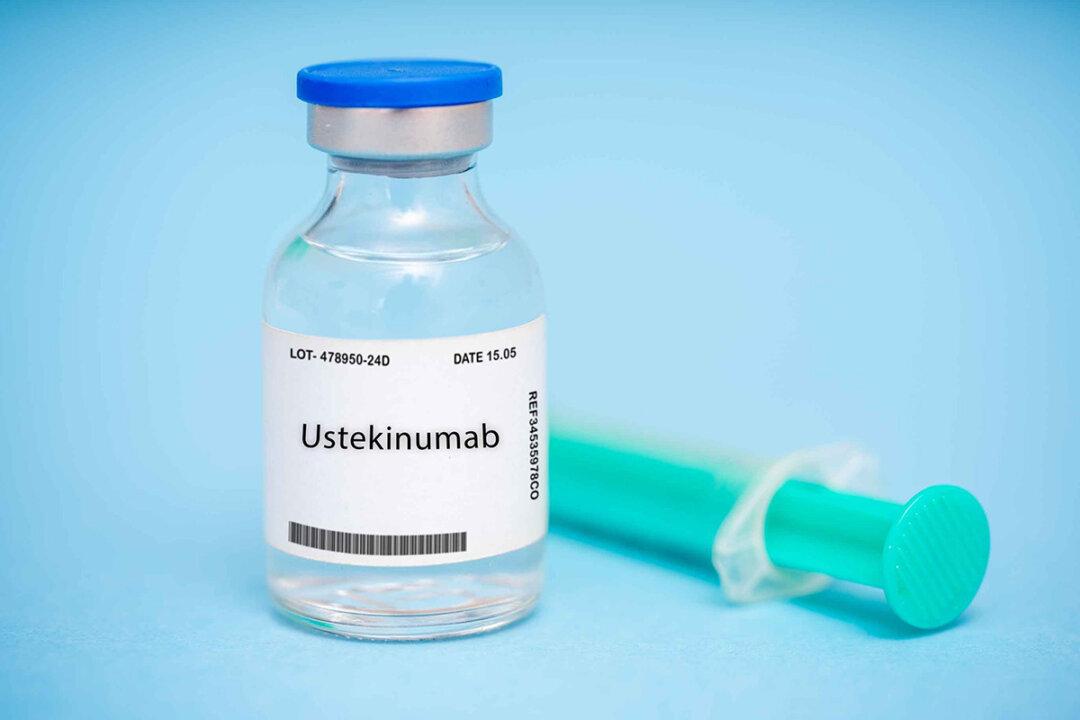To protect the public from cancerous chemical leach, U.S. manufacturers have stopped using short-chain per- and poly-fluoroalkyl substances (PFAS) in food packaging and paperboard products within the United States.
The move comes four years after the U.S. Food and Drug Administration (FDA) announced that three manufacturers had committed to a voluntary phase-out of the chemicals in food packaging.
PFAS are chemicals used in food packaging, nonstick foodware, and waterproof clothing. Known as “forever chemicals,” these manmade substances are nearly indestructible, which is why they’ve been used in manufacturing for decades.
The FDA announced on Feb. 28 that products containing PFAS that come in contact with food will no longer be sold in the United States, marking “the fulfillment of these voluntary commitments.” The agency added that other manufacturers have stopped producing grease-proof products containing PFAS in addition to the first three.
Grease-proofing substances are applied to paper and paperboard packaging to prevent grease from leaking out. Fast-food restaurants often use such products. Grease-proofing substances are also found in microwave popcorn bags and pet food bags.
PFAS Linked to Cancer, Reproductive Problems
Research over the past few years has shown that PFAS are associated with many health risks. PFAs have been linked to many health issues, including kidney and testicular cancer, hormone disruption, liver and thyroid problems, reproductive harm, and abnormal fetal development.The FDA first flagged PFAS as potentially harmful in the early 2000s. Voluntary market withdrawals and revocations of authorizations removed dozens of products containing long-chain compounds from the U.S. market between 2011 and 2016. However, these products were simply replaced with short-chain PFAs, which at the time, the FDA believed were harmless.
More PFAS Restrictions Needed
One reason PFAS have been able to permeate the American food supply is that there has been a lack of regulation on forever chemicals.California has also announced a bill that would ban PFAS by 2030. SB 903 would prevent the sale and use of products containing the forever chemicals unless their use was necessary and there was no safer alternative.
“Toxic PFAS chemicals have contaminated our water, air, food, and even our bodies. PFAS can cause harm at vanishingly low levels — and yet we continue to pump out vast new quantities of them into the world,” Anna Reade, a senior scientist at the Natural Resources Defense Council, said in a press release. “This bill is a sensible and comprehensive approach to phase out unnecessary uses of PFAS so that we stop adding to an already enormous problem.”






